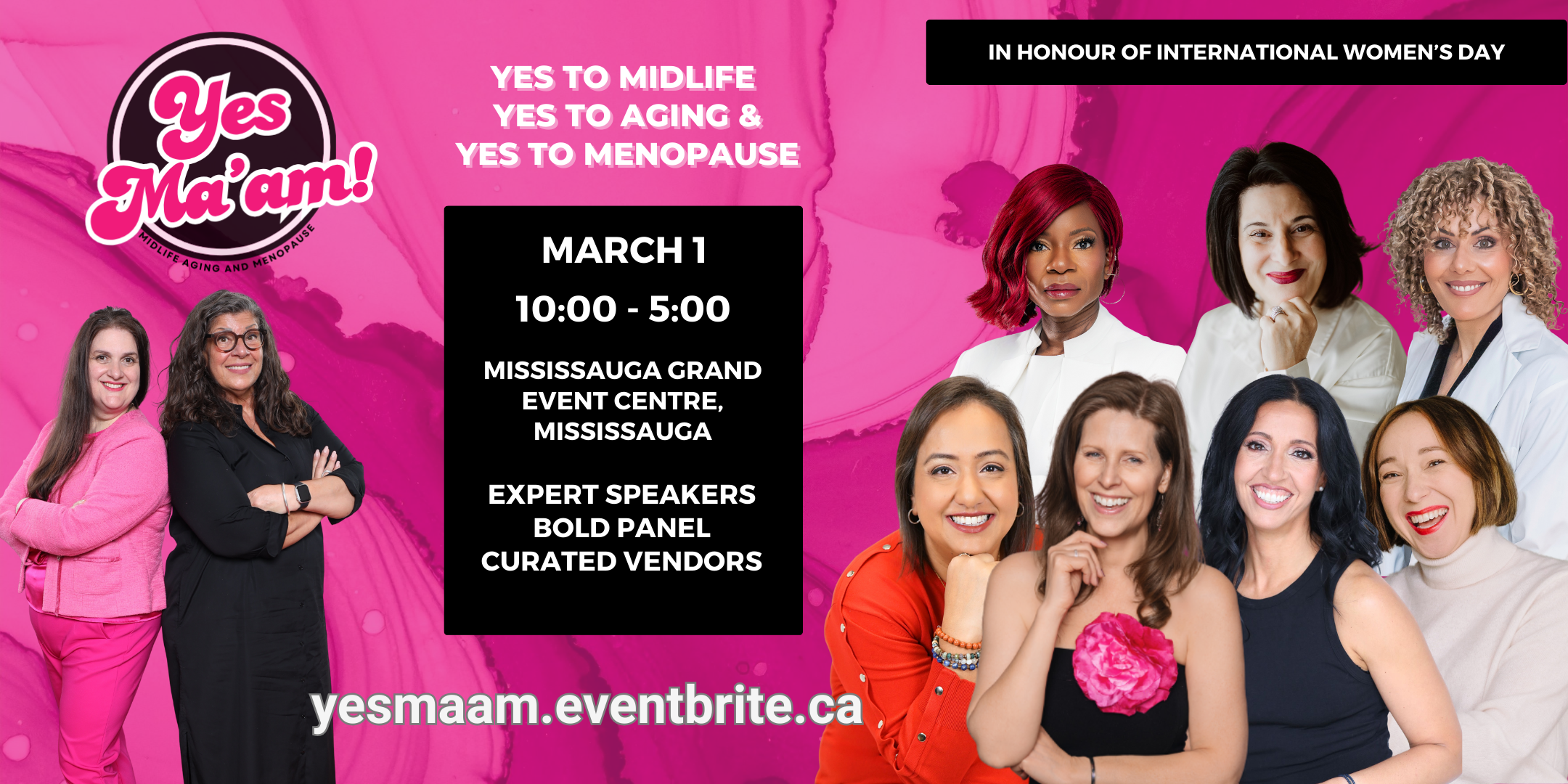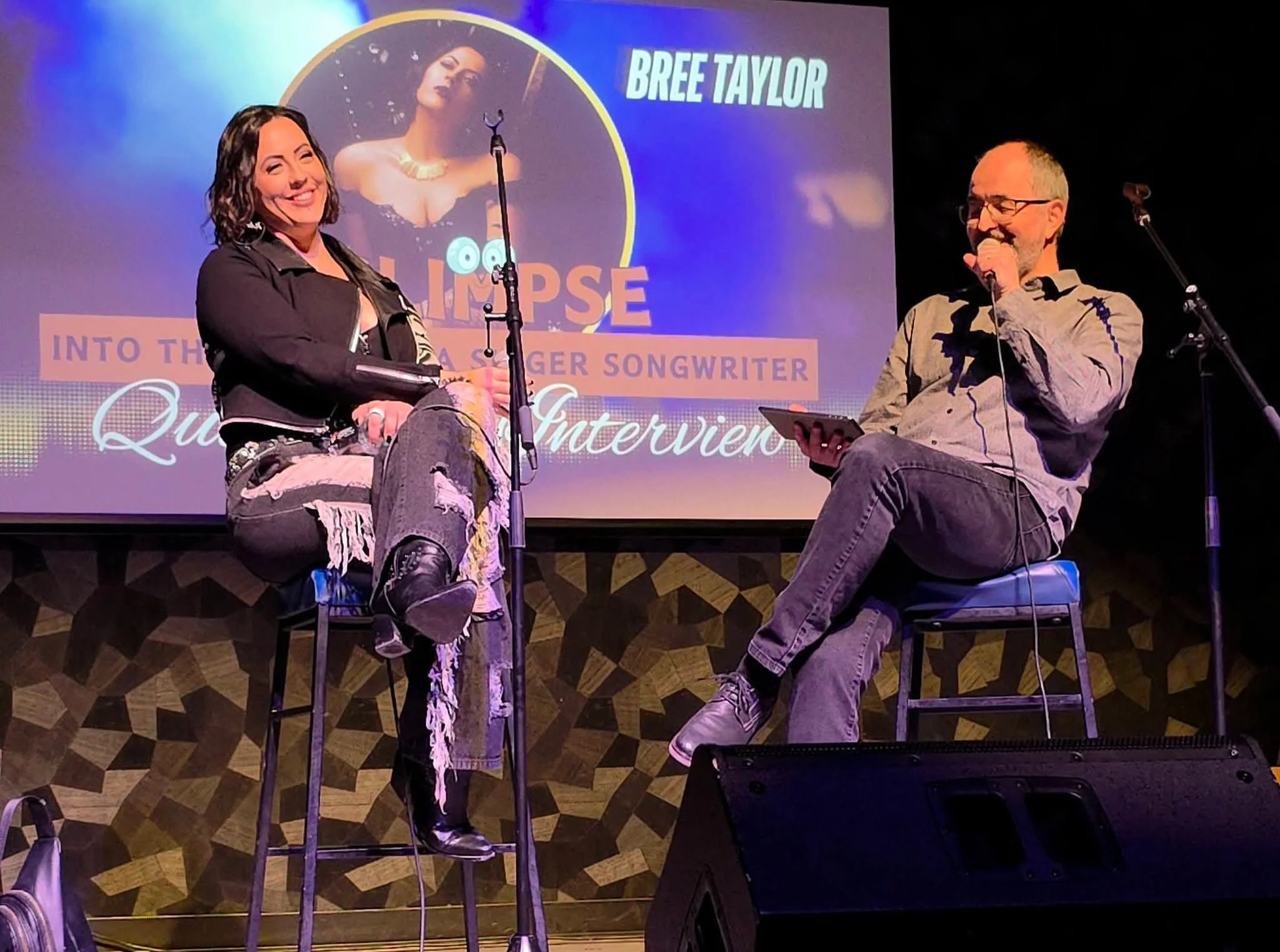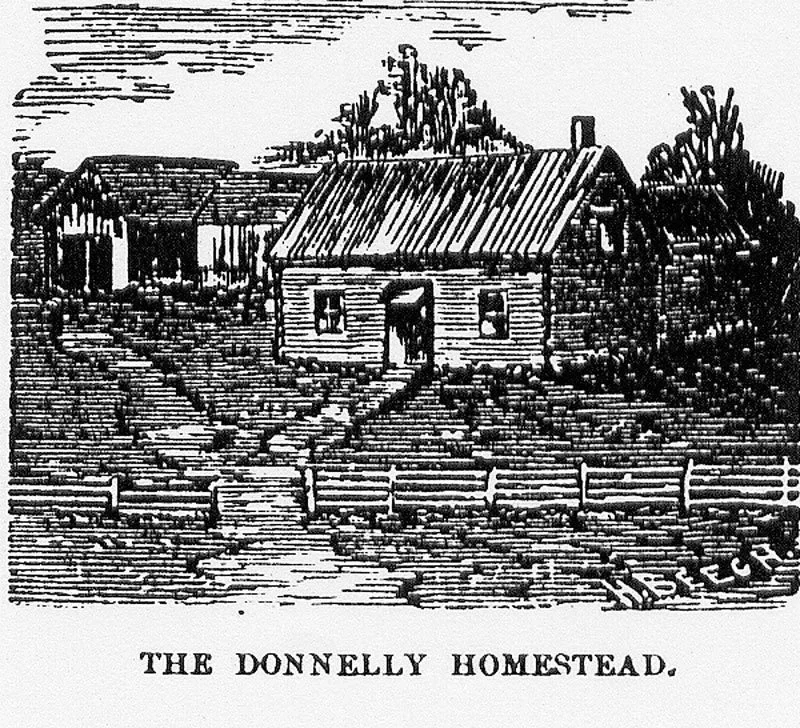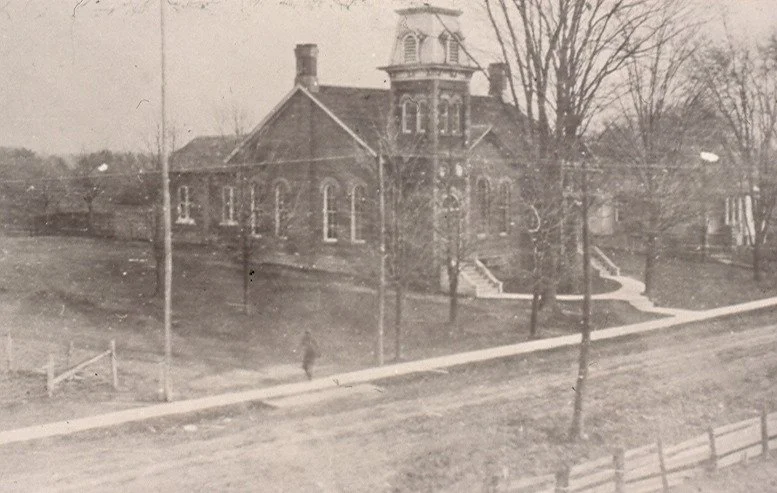The New Modern - Re-anchoring the news industry with Farah Nasser
/In conversation with Farah Nasser on re-anchoring the modern news industry
1. Which one aspect of the news industry will see the longest-lasting repercussions of the global health pandemic?
Certainly being more efficient and flexible. From interviews on zoom to key positions working from home, there are certain changes that will definitely stick. Another massive change in my opinion, is the parallel moment happening surrounding racism and inequity. I foresee a shift in the next few years when it comes to news leadership and even the way we cover the news.
2. Why did you decide to do a full-scale news newscast from your backyard opposed to inside your house?
Primarily it was to keep my camera operator Max safe. I wanted to be extra sure we were two meters apart but also not in an enclosed space. Second, I’ve learned in this pandemic just how open concept my home is. From the kids on zoom calls with their class to my husband leading meetings at his work, there is a lot of energy inside the house and the newscast requires focus as you can imagine.
3. Throughout this pandemic, many of us have transitioned to working from home. As we progress through this, is it sustainable for news anchors to work from home?
I really enjoyed working from home, especially the opportunity to show my children why I am so deeply passionate about my work. I think it is certainly possible to anchor from home but there are tools at the office such as access to an editor and editing suite, multiple live feeds, etc which make things more efficient. Putting on a newscast is very much a team sport and I anchor 3 (sometimes 4) programs a day (Noon, 5:30pm, our new streaming newscast on Amazon Prime). All require co-ordination, focus and collaboration which is much more effective face-to-face.
4. What new experiences or business models in the news industry could emerge from COVID?
Collaboration is one thing I have noticed. Various news outlets working together to share video or livestream news conferences. In an industry with less resources, this will be beneficial going forward when it is possible. The news media, like many other industries, has embraced working from home. I think this will be the new normal for the immediate future.
5. What positives can come out of this for the news industry?
With two major moments in history we are at a turning point and it’s forcing us to think differently. I think we are see going to a more streamlined approach to news gathering which will allow us to be more focused. Information, data and policy change has come out quicker than ever before and that will forced us to put resources in research and education. The more promising change in my opinion is not from COVID-19, it is the from the reckoning with race many media organizations are going through right now. Our industry needs to change to reflect the people we serve. This includes covering stories we normally would not cover and covering the stories we do in a more layered way. This also includes taking a close look at our unconscious bias and training programs to help us look inward. I’m hoping in the next few years we see more diversity in leadership roles in media.
6. With many of us having been at home for the past several weeks, many of us have learned/enhanced our digital skills. Will there be a sustained influx of new news sources/podcasts/journalists in the new world?
Certainly and more sources of information benefits all of us. The sustainability is always the question. We’re seeing advertising revenues drop across the board in a world where most newsrooms already do more with less.
7. There's been a massive increase in on-line information consumption due to the global health crisis. As an experienced newscaster/anchor how will media outlets be able to cut through the noise?
We focus on the news that our viewers are looking for. News that changes their day to day or helps them get perspective on an issue. That means making sure we use our position to cut through the talking point politicians are making, ask difficult questions when an issue or policy is vague or unrealistic and getting perspectives from stakeholders who are subject matter experts.
8. Hardship, with the right approach, can lead to opportunity. What opportunities does the news world have currently?
Content is key and if you are able to produce or put together quality content in a business that becomes thinner by the year there is space. During this moment of reckoning in matters of race, there is a large appetite to cover stories we usually don’t. We are looking for news leaders with diverse, sometimes unconventional experience.
9. What additional skills/talents have you had to learn in adapting to the new modern?
It has forced me to think outside the box and find efficiencies. Having young kids at home, trying to listen to press conferences to get the latest information from decision makers, while being part of crucial editorial discussions has been a juggling act. Anything that is not worth time these days doesn’t get it.
10. How are you adapting to this professionally?
I’ve gotten better at tuning out the noise, synthesizing and focusing on key information. It is part of what journalists do every day but we’ve been forced to get even better at it.
11. Information, whether fact or fiction, moved at lightning speed via social media pre-COVID. As a journalist and news anchor, how would you advise readers/listeners/viewers to decipher what's true or false?
Make sure you have a balanced news diet. It’s getting harder to decipher fake news and I’ve never seen it spread so fast. When you see a story or news item, go to google and see if a reputable news outlet has also covered it. Don’t just read one article on a subject, read several. If you can, watch the press conference not just the story.
PC: Harold Feng Photography
12. If you were to give another TED talk, this time about the past 3 months, how would you sum it up in one line?
Progress is impossible without change.
13. With nearly everyone having a smartphone, there's a massive rise in citizen documented events, both positive and negative ones. Has this helped or hindered the news world in terms of informing your audience via amateur video that may not show the entire event(s)?
In my opinion it has helped. Having eyes and cameras all over the city gives us a much more wholesome picture than it did 20 years ago when I began my career. There have been cases where we haven’t aired video where we couldn’t get the full story. Context and verification are both key and that is something we prioritize every day.
Farah Nasser is an award-winning journalist, bringing nearly two decades of experience to her role as anchor on Global News at 5:30 & 6 as well as Global News at Noon. Praised for her thought-provoking reporting and motivational speaking, her journalism career has seen her cover elections at every government level, moderate political debates, explore the experiences of marginalized peoples, and even deliver a TEDx talk on how to challenge bias around us.
In times of non-isolation Farah normally spends her time volunteering in the community. She serves as a mentor for CivicAction and regularly speaks at community events.
















